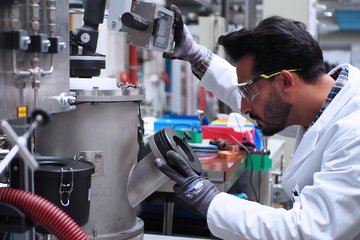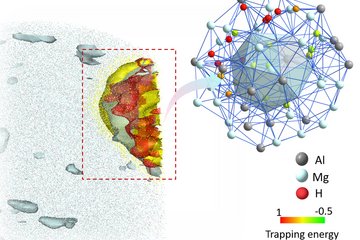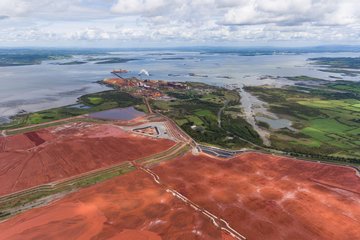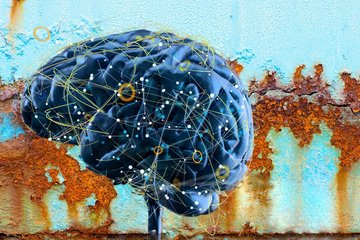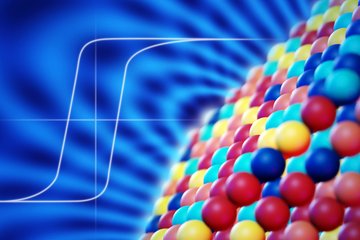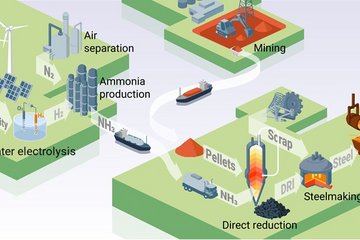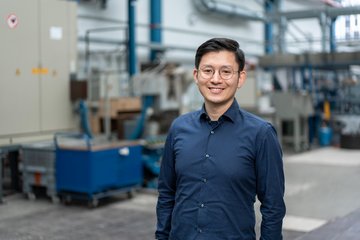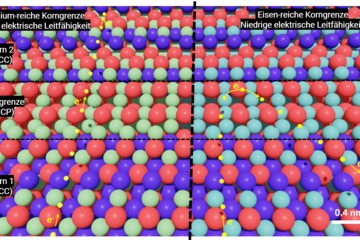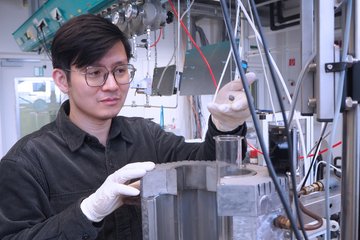Alle Typen
1.
Zeitschriftenartikel
Impact of focused ion beam-induced damage on micromechanical properties in Hematite. Scripta Materialia 271, 117000 (2026)
2.
Zeitschriftenartikel
Materials Design by Constructing Phase Diagrams for Defects. Advanced Materials 37 (3), 2402191 (2025)
3.
Zeitschriftenartikel
A potential mechanism for abnormal grain growth in Ni thin films on c-sapphire. Acta Materialia 281, 120451 (2024)
4.
Zeitschriftenartikel
Influence of variation in grain boundary parameters on the evolution of atomic structure and properties of [111] tilt boundaries in aluminum. Acta Materialia 268, 119732 (2024)
5.
Zeitschriftenartikel
Microstates and defects of incoherent Σ3 [111] twin boundaries in aluminum. Acta Materialia 243, 118499 (2023)
6.
Zeitschriftenartikel
Atomistic structures of〈0001〉tilt grain boundaries in a textured Mg thin film. Nanoscale 14 (48), S. 18192 - 18199 (2022)
7.
Vortrag
Triggering and tracking grain boundary phase transformation at atomic resolution. European Microscopy Conference EMC 2024, Copenhagen, Denmark (2024)
8.
Vortrag
Universality of grain boundary phases in [111] tilt boundaries of fcc metals. TMS 2024 Annual Meeting & Exhibition, Orlando, FL, USA (2024)
9.
Vortrag
Resolving grain boundary complexions in Copper by STEM and analyzing their impact on properties. Workshop Advanced Electron Microscopy in Materials Research, La Clusaz, France (2023)
10.
Vortrag
Atomistic Modeling of the Thermodynamics of Grain Boundaries in fcc Metals. 19th International Conference on Diffusion in Solids and Liquids, Crete, Greece (2023)
11.
Vortrag
Complexions in fcc metals: Insights from atomistic simulations. 2nd Materials Science Colloquium, Lech am Arlberg, Austria (2023)
12.
Vortrag
Grain boundary phase transitions in tilt grain boundaries of fcc metals: Atomistic simulation and experimental evidence. MSE Congress, Darmstadt, Germany (2022)
13.
Vortrag
To decipher the novel atomic structure of [111] tilt grain boundaries in Al. Material Science and Engineering Congress - MSE 2020, virtual, Darmstadt, Germany (2020)
14.
Vortrag
Observing the atomic structure of high angle [111] tilt grain boundaries in Al. Materials Science and Engineering Congress MSE 2020, virtual (2020)
15.
Poster
Combining 4DSTEM & EELS – Characterization and optimization of iron oxide thin films for sustainable applications. Microscopy Conference 2025, Karlsruhe, Germany (2025)
16.
Poster
Atomic structure of [111] tilt boundaries of Al in relation to their crystallographic parameters. International Microscopy Conference 2023 (IMC-20), Busan, South Korea (2023)
17.
Poster
Exploration of atomic structures in Σ3 [111] Al tilt grain boundaries. Sixth Conference on Frontiers of Aberration Corrected Electron Microscopy PICO 2021, virtual, Kasteel Vaalsbroek, The Netherlands (2021)
18.
Poster
Strain-Induced phase transition in Σ3 [111] (211) tilt grain boundaries in Al. Microscopy conference Joint Meeting of Dreiländertagungn & Multinational Congress on Microscopy MC 2021, virtual, Vienna, Austria (2021)
19.
Poster
Grain boundary structure and phase transitions in Cu and Al [111] tilt grain boundaries. International Workshop on Advanced and In-situ Microscopies of Functional Nanomaterials and Devices, IAMNano, Düsseldorf, Germany (2019)
20.
Hochschulschrift - Doktorarbeit
Fundamental investigation of the atomic structures of [111] tilt grain boundaries, their defects and segregation behaviour in pure and alloyed Al. Dissertation, Ruhr-Universität Bochum (2023)

